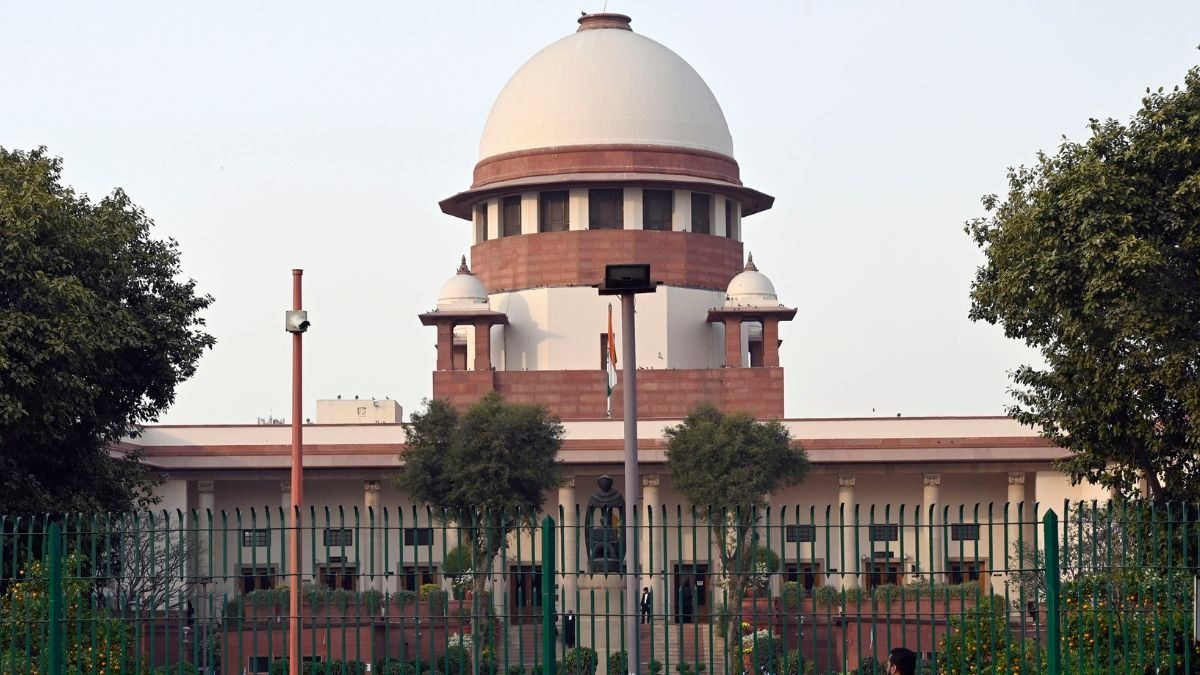 |
|
The Supreme Court of India has dealt a significant blow to the Modi government's controversial electoral bonds scheme, reaffirming its February 15th verdict that declared the scheme unconstitutional. A bench of Chief Justice D Y Chandrachud and Justices Sanjiv Khanna, B R Gavai, J B Pardiwala, and Manoj Misra rejected a batch of pleas seeking a review of the original verdict, finding no apparent errors in the previous decision. This decision comes after a group of petitioners, including advocate Mathews J Nedumpara, argued that the scheme fell under the exclusive jurisdiction of legislative and executive policy and that the court had erred in adjudicating the matter. They asserted that the petitioners had not presented specific legal injury exclusive to them, rendering the petition inappropriate for private litigation. Moreover, they emphasized that public opinion could be divided, and the majority might support the scheme, warranting a broader public hearing.
The petitioners' pleas, however, failed to sway the Supreme Court. The bench's dismissal of the review petitions underscores the court's firm stance against the electoral bonds scheme. In its original February 15th verdict, the apex court declared the 2018 scheme 'violative' of the constitutional right to freedom of speech and expression and right to information. This ruling stemmed from concerns that the scheme facilitated opaque political funding, potentially allowing ruling parties to coerce contributions from individuals and entities. The court also rejected the government's argument that the scheme protected donor confidentiality, akin to the secret ballot system. The top court mandated that the State Bank of India (SBI), the designated financial institution for the scheme, submit the details of electoral bonds purchased since April 12, 2019, to the Election Commission. The Election Commission was subsequently instructed to publish this information on its official website.
The Supreme Court's decision to uphold the ban on electoral bonds highlights the importance of transparent political funding practices in a democratic society. The court's concerns about the potential for coercion and the lack of transparency associated with the scheme resonate with broader public discourse surrounding electoral integrity and accountability. The ruling represents a significant victory for advocates of transparency in political finance and a setback for the government's attempt to introduce a system perceived by many as vulnerable to abuse. The Supreme Court's affirmation of its previous verdict underscores the importance of constitutional rights and judicial oversight in safeguarding democratic processes.
Source: Supreme Court Rejects Pleas To Review Verdict Scrapping Modi Govt's Electoral Bonds Scheme
